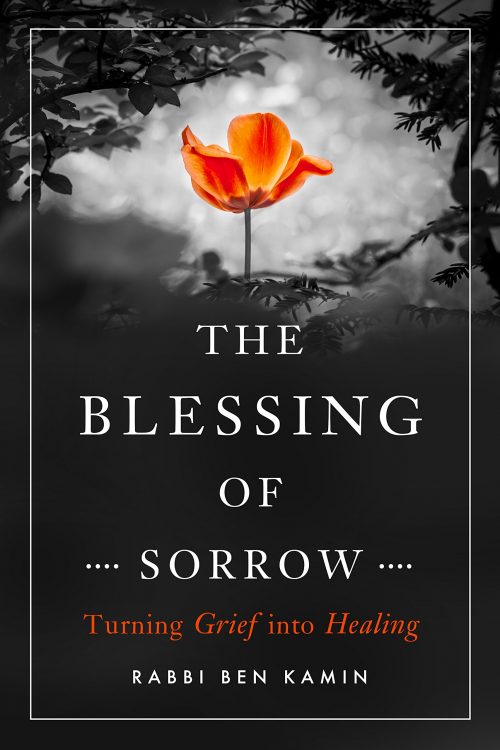Rabbi Ben Kamin thinks that we have a problem with death in this country, which is so driven by youth and beauty. We don’t know what to say when someone dies or how to comfort the living.

- Do not defer your sorrow; grieve openly, directly and immediately. Not doing so can lead to emotional or physical pain down the road.
- Do not submit to any formula; grief is personal and a function of family history.
- At the same time, accede to the stages of grief as they manifest themselves to you.
- Turn to religious rituals that appeal to you and help you honor your loved one, but not simply because the rituals exist.
- Encourage loved ones to preplan their funerals (you do the same) so that the inevitable grief is not further complicated by indecision or lack of direction.
- Do not feel guilty if you feel relief that someone is no longer suffering.
- Be discriminating when dealing with funeral directors. Most are commendable, but even the best among them are nonetheless business professionals.
- Do not hesitate to curtail memorial visits from even well-meaning people; you are entitled to rest and privacy, and true friends will understand this.
- Go back to work and play when you are ready and not because some old liturgical calendar dictates when you should.
- Remember your dead as they plainly were; do not make them larger in death than they were in life.
He also shares some tips beyond those in the commandments geared toward friends and more distant family. For instance: Silence is OK. If you’re comforting someone who has lost a loved one, don’t feel like you need to chatter to fill up space and time. It’s OK to simply sit with someone quietly or to let them do the talking.
“We feel we need to fill the void. Come in with an economy of words and a fully open heart,” he advises.
Also: Don’t be one of those people who says, “Call if you need anything!” Why? “They’ll never call you. Checking in is very appropriate.” Another empty phrase: “How are you?” After all, what are they supposed to say? Instead, try, “I’m thinking about you.”
Most of all, remember to check in during the weeks and months that follow a loss, once life returns to normal for everyone else but true loneliness sets in for the bereaved.
“The doors close, guests leave, kids go back to school and that’s when the real loneliness sets in,” he says. “We can’t fill the hole that’s empty, but we can be nearby so the abyss feels less threatening.”



